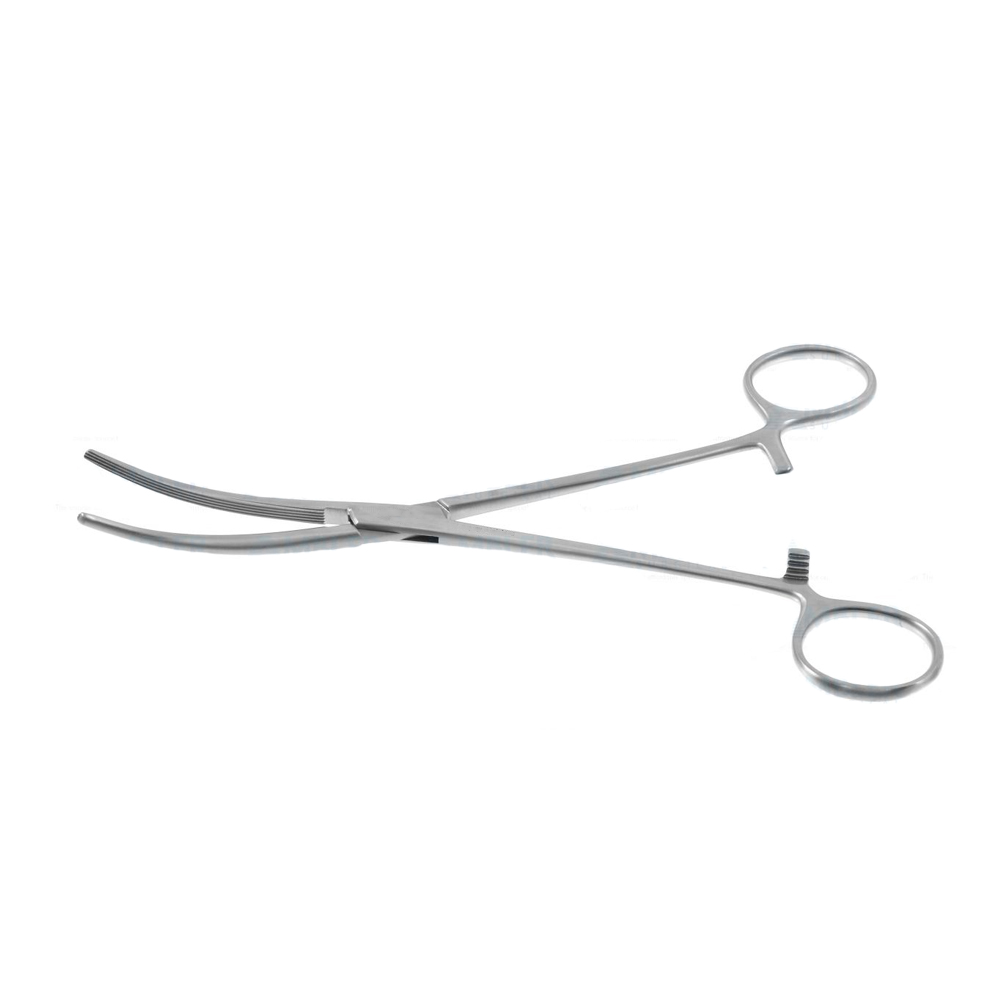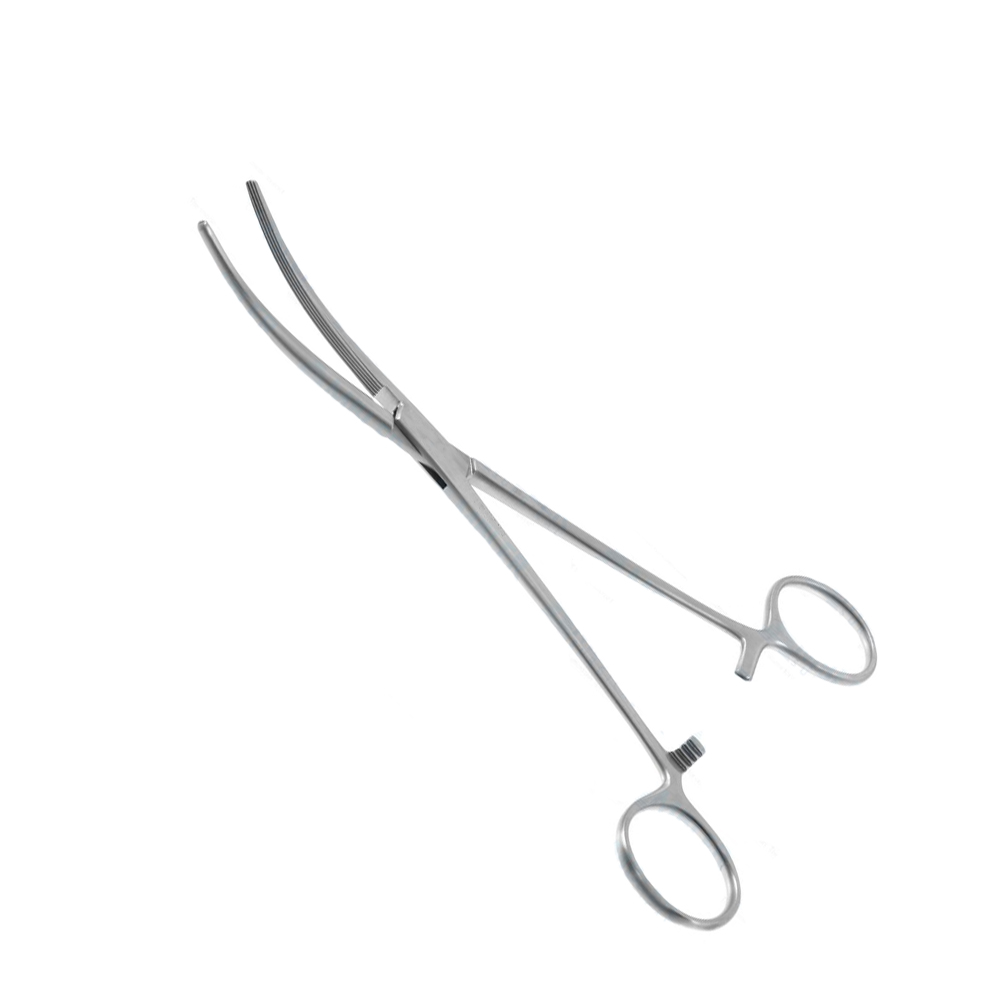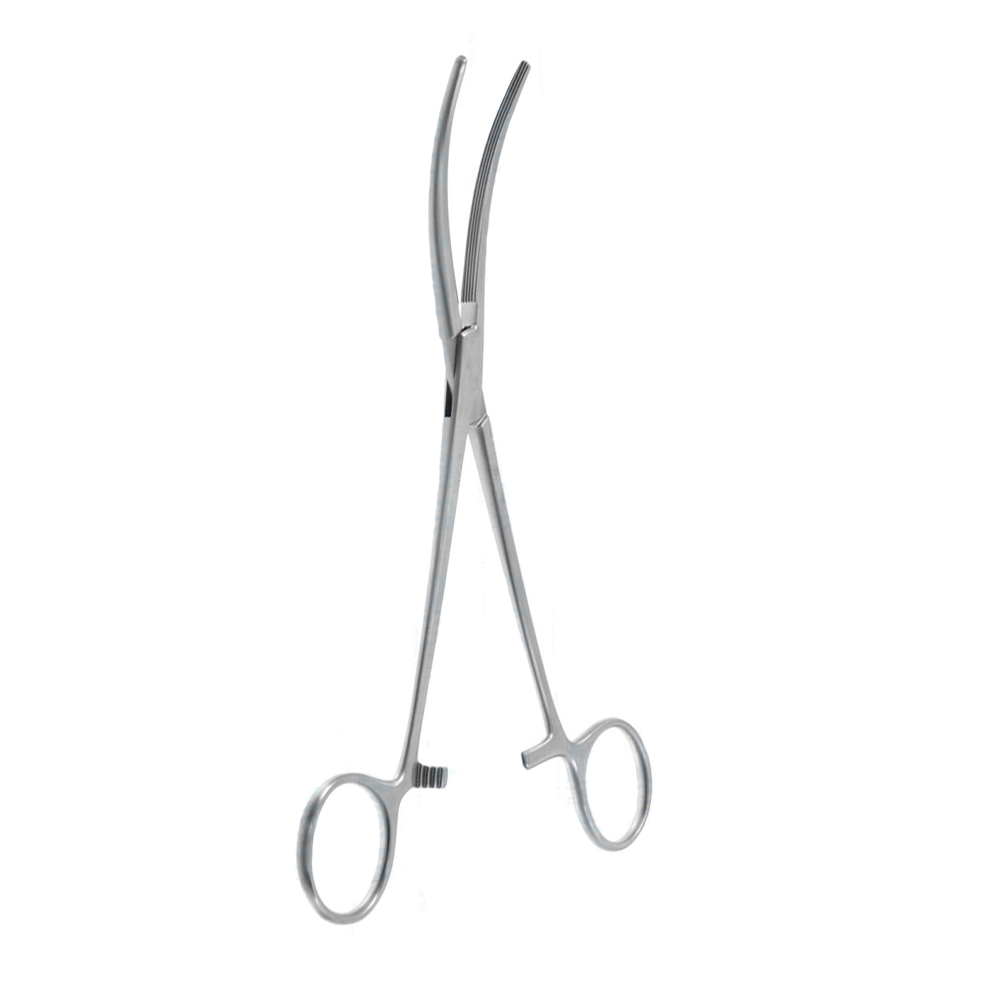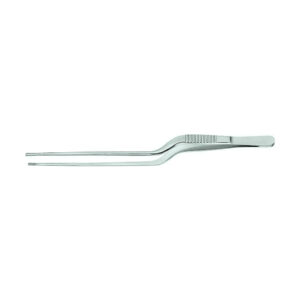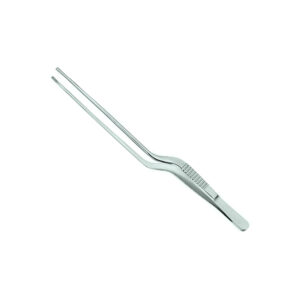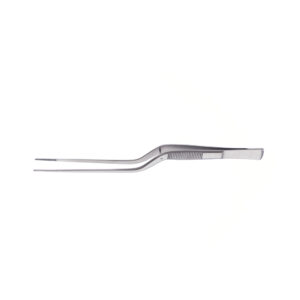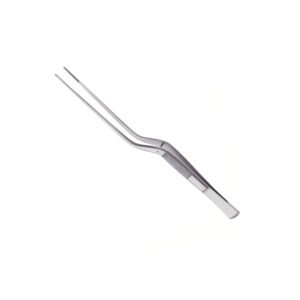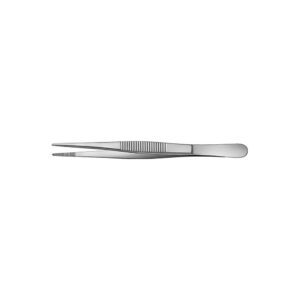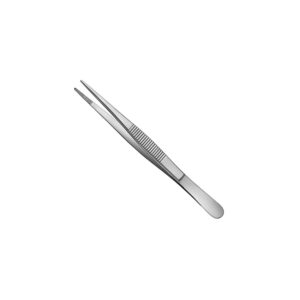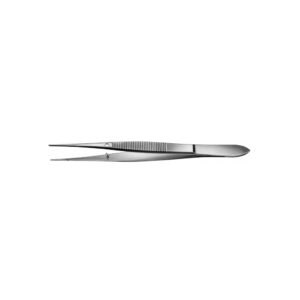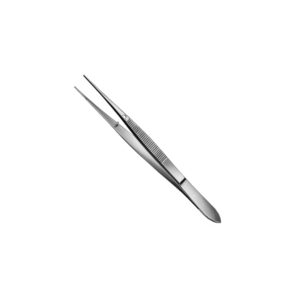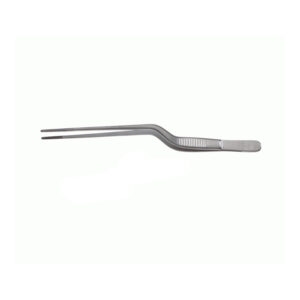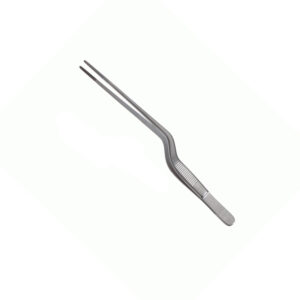- General Surgery Instruments
- Orthopedic & Spine
- Neurosurgical
- Electrosurgical
- Non-Stick Bipolar Forceps
- European Irrigation Bipolar Forceps
- Monopolar Cables
- USA 2 Pin Bipolar Forceps
- European Non-Stick Bipolar Forceps
- Bipolar Artery Sealer
- Diathermy Instruments
- Bipolar Electrodes
- Disposable Bipolar Forceps
- Electrodes 4.0mm
- Electrosurgical For Gynecology
- European Bipolar Forceps
- Gynecology
- ENT
- Cardiovascular
CARMALT Artery Longitudinal Serrations are surgical instruments that surgeons use to clamp blood vessels and control bleeding during major procedures. Their distinct feature lies in the longitudinal serrations along the jaws, which help maintain a firm grip on tissues without causing trauma. Surgeons often select these forceps for procedures requiring secure hemostasis and gentle handling of vessels.
The design of CARMALT Artery Longitudinal Serrations includes long, curved jaws with parallel serrations running along the length. These serrations prevent slippage by evenly distributing pressure on the vessel. This secure grip allows surgeons to clamp the artery without crushing or cutting through the tissue. Additionally, cross-serrations at the tip offer extra grip at the point of contact.
Manufacturers craft these forceps using high-quality surgical stainless steel to ensure strength and resistance to corrosion. This durable material supports multiple sterilizations while maintaining effectiveness. A smooth surface finish makes cleaning easier and extends the instrument’s lifespan. The ergonomic design features comfortable finger rings and a ratchet locking mechanism that ensures stable clamping and reduces hand strain during lengthy procedures.
Surgeons use these instruments in major surgeries such as abdominal, thoracic, and gynecological procedures. Their ability to hold large vessels and control bleeding helps maintain a clear surgical field. In operations like hysterectomy or bowel resection, these forceps help minimize complications. Their structure proves especially useful in deeper areas where strong clamping and minimal trauma are essential.
Another benefit of CARMALT Artery Longitudinal Serrations is their ability to preserve vessel integrity while ensuring hemostasis. The longitudinal serrations apply pressure without cutting into the tissue, which supports better healing after surgery. This gentle control prevents tissue damage and reduces the risk of delayed bleeding. These advantages make the forceps a preferred tool in both emergency and elective surgical environments.
The forceps come in different lengths and variations to meet specific surgical needs. Some models include straight jaws for surface-level clamping, while others feature curved jaws for deeper access. Surgical teams choose the appropriate size and shape based on the vessel type and location of the procedure. This versatility allows the forceps to serve effectively across multiple specialties.
To maintain performance, surgical staff must clean the instrument after each use with approved solutions. They should inspect it for wear or misalignment and sterilize it according to standard medical protocols. Storing the forceps in a dry, sterile environment protects the serrated jaws and keeps their alignment intact.
Surgeons appreciate the consistency and reliability these forceps offer during critical procedures. Their secure grip, minimal tissue trauma, and ergonomic design contribute to smoother and safer operations. In complex surgeries where control and accuracy are vital, these instruments enhance performance and support better outcomes.
In conclusion, CARMALT Artery Longitudinal Serrations serve as essential tools for achieving precise vessel control during surgery. Their unique jaw structure, durable build, and ergonomic comfort make them a top choice in modern operating rooms. With proper handling and maintenance, they ensure surgical safety and improve procedural efficiency.

